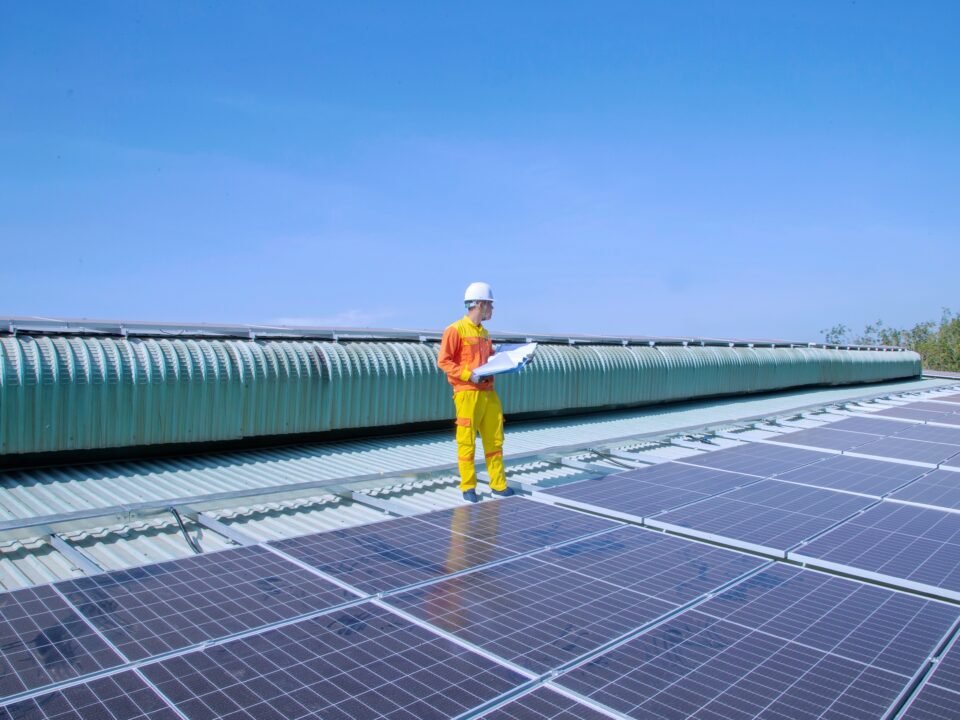
Solar and Wind’s Path to Competitive Energy Pricing
July 31, 2023
Balancing Solar and Wind Energy: Hybrid Projects for Enhanced Efficiency
July 31, 2023- Lifecycle Assessment and Environmental Management: Renewable energy operators prioritize comprehensive lifecycle assessments to identify and minimize environmental impacts. They conduct thorough environmental impact assessments during the planning phase, considering factors such as land use, biodiversity, and water resources. Implementing effective environmental management systems helps monitor and mitigate potential risks throughout project operations. This includes practices like habitat restoration, erosion control, and responsible waste management. By proactively addressing environmental concerns, renewable energy operators can maintain sustainable operations.
- Resource Efficiency and Energy Optimization: Maximizing resource efficiency and optimizing energy use are crucial sustainability practices in renewable energy operations. Operators focus on minimizing energy consumption during the manufacturing, construction, and operation phases. This can involve utilizing energy-efficient technologies, implementing energy management systems, and optimizing equipment performance. Additionally, renewable energy facilities often prioritize renewable energy self-consumption, utilizing their generated power to meet operational energy needs. By adopting these measures, operators reduce their carbon footprint and contribute to a more sustainable energy transition.
- Social and Community Engagement: Successful renewable energy projects actively engage with local communities to build social acceptance and ensure mutual benefits. Operators collaborate with stakeholders to address concerns, provide information, and create opportunities for community involvement. They prioritize local employment, training, and economic development to enhance the positive impact of renewable energy projects on the community. Moreover, operators support educational initiatives, environmental programs, and community enhancement projects to foster long-term relationships and social sustainability.
- Innovation and Technology Advancements: Innovation plays a vital role in driving sustainability in renewable energy operations. Operators continuously explore and invest in new technologies to improve efficiency, increase power generation, and reduce environmental impacts. Advancements in storage technologies, smart grid integration, and predictive maintenance systems optimize renewable energy operations, resulting in higher energy yields and decreased downtime. Furthermore, operators embrace digitalization, utilizing data analytics and artificial intelligence to optimize operational performance, reduce costs, and minimize environmental footprints.
- Circular Economy and Recycling: The concept of a circular economy is gaining traction in the renewable energy sector, emphasizing the sustainable use of resources and materials. Operators focus on designing products and components for easy dismantling, reuse, and recycling. They actively engage in recycling and waste management programs, promoting the recovery of valuable materials from decommissioned equipment. By embracing circular economy principles, renewable energy operators contribute to reducing resource depletion and minimizing waste generation, while also fostering a more sustainable supply chain.
Conclusion: Sustainability is integral to the success and impact of renewable energy operations. Through practices such as lifecycle assessment, resource efficiency, social engagement, innovation, and circular economy principles, renewable energy operators can ensure sustainable operations while maximizing the environmental and social benefits of clean energy generation.




